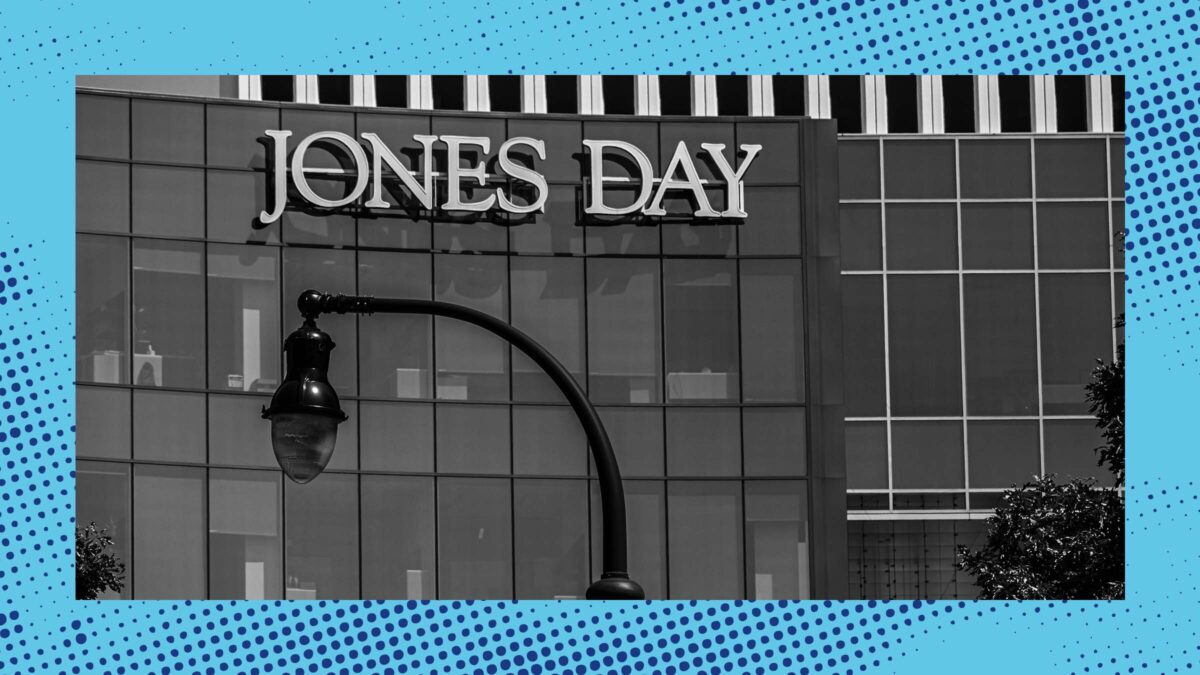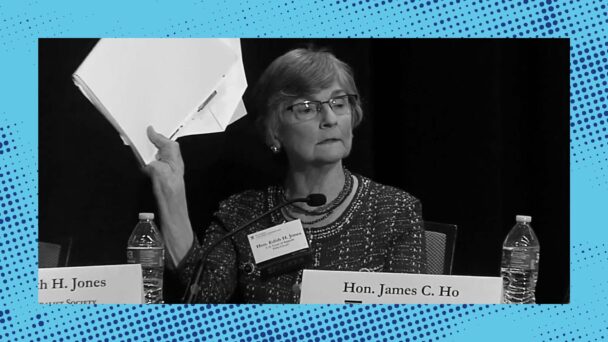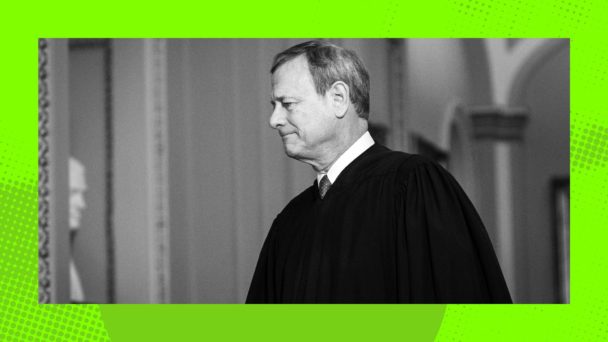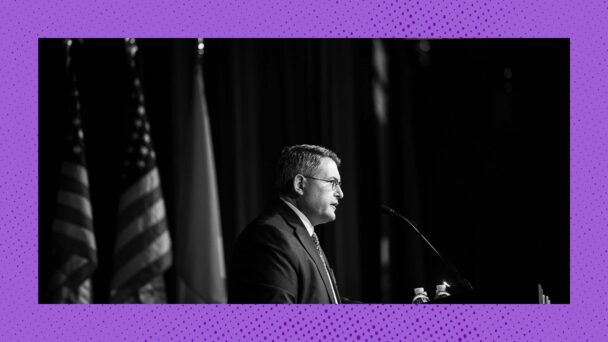Jones Day is back on its bullshit.
Throughout the first Trump administration, the firm became closely associated with the White House, exerting significant influence over Supreme Court picks and sending attorneys into high-level positions in the executive and judicial branches. Jones Day lawyers were also integral to Trump’s electoral efforts, serving as counsel to his 2016 campaign. After his 2020 campaign ended in a violent coup attempt just blocks from the firm’s Washington, D.C. office, Jones Day pledged they wouldn’t work for him going forward. Yet just days into 2024, the firm is back at the Supreme Court, fighting to keep him on the ballot in this year’s election.
In December, the Colorado Supreme Court found that Trump “engaged in insurrection” against the United States government and is therefore “disqualified from holding the office of President.” Jones Day lawyers, loath to see an insurrectionist excluded from a ballot, ran to the Court to urge the conservative supermajority to fall in line and force Colorado to put the former president back in contention. The firm’s client in this case, the National Republican Senatorial Committee, might not be Trump himself, but the end goal is clear: ensure that the former president is back in the White House come January 2025.
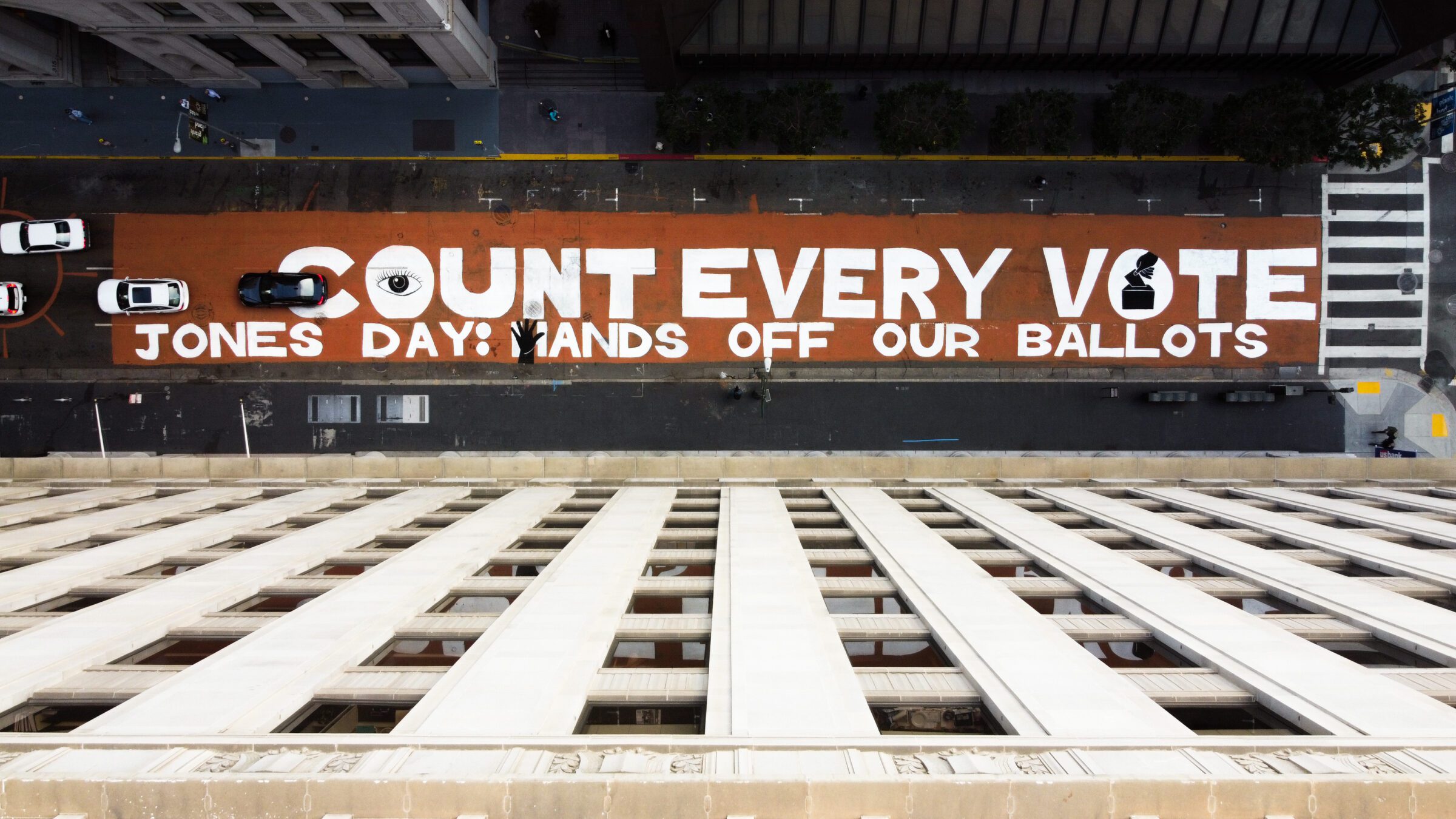
Protestors paint the sidewalk outside Jones Day’s office in San Francisco in the days after the 2020 election (Santiago Mejia/The San Francisco Chronicle via Getty Image)
Longtime followers of Jones Day’s antics will recall that in the last election cycle, the firm led or supported some 20 lawsuits on behalf of Trump, his campaign, or the Republican Party. Perhaps most infamously, Jones Day sought to bar Pennsylvania from counting mail-in ballots received after November 3, 2020, attempting to prevent the counting of lawfully cast ballots in a critical swing state. At the time, anonymous lawyers from the firm told the New York Times that “the main goal of the litigation seemed to be to erode public confidence in the election results.”
Within weeks of the 2020 election, law students around the country organized to hold accountable those lawyers responsible for attempting to undermine the democratic process. Student organizers with the People’s Parity Project, for example, called on law students to “pledge not to interview or work for the law firms doing the majority of the legal work for the Trump campaign’s despotic attempts to threaten our election integrity.” For a minute or two, mounting public outrage made it seem like Jones Day might actually suffer meaningful consequences for the harm it caused our democracy.
And then…nothing. Jones Day is still welcome to recruit on law school campuses, and even hired more 2L summer associates in 2023 than it did in 2022. Partners have still been nominated to high-level appointments, including judgeships, by the Biden administration. They’re still making boatloads of money helping corporations screw plaintiffs over. It turns out that, as is too often the case, a handful of law students had more courage than the vast majority of those within the legal profession.
That Jones Day remains a law firm in apparent good reputational standing demonstrates once again what the law professor Leah Litman has described as “the inability of social and professional networks, and particularly elite lawyers, to hold their members accountable for facilitating the breakdown of norms that are integral to our constitutional system.” In other words, lawyers don’t give a damn if their peers aid an attack on American democracy, as long as those doing so have fancy-enough credentials and go to sufficiently swanky cocktail parties.
Yes, a few of the highest-profile of Trump’s lawyers have been sanctioned or otherwise held accountable, thanks to the tireless work of organizations like the 65 Project and Lawyers Defending American Democracy. (Rudy Giuliani in particular seems determined to lose as much money as possible in the numerous lawsuits filed against him.) The problem, however, is that these consequences for a handful of lawyers have given the profession cover to say that the job is done. Lawyers have let the question of consequences become exclusively a legal one. In doing so, they’ve decided that the accountability is a task only for a few judges throughout the country, rather than something the entire legal profession must grapple with. And for every Giuliani or Sidney Powell, there are scores of attorneys whose names we might not know, but who woke up in the morning, put on a suit, and went to work to make sure that the votes of the people wouldn’t count. Far from being legally sanctioned, these lawyers haven’t faced even the most moderate of social consequences: a bit of light criticism from one’s peers.
And what happens when lawyers try to overturn elections without consequence? They do it again, of course. The silence of legal elites sends the message to the next generation of lawyers that as long as their tools of choice are briefs and motions rather than zip ties and flagpoles, they’re free to attack democracy without any fear of personal or professional repercussions.
This is not the first time that lawyers have shrugged as their peers tried to steal elections. In 2000, the conservative legal movement went to work trying to stop ballots from being counted in Florida: You might have heard of some of the lawyers who worked for the Bush team during this fight: Amy Coney Barrett, Brett Kavanaugh, and John Roberts all successfully went from providing legal support to George W. Bush’s campaign to sitting on federal courts of appeal, and, today, on the U.S. Supreme Court. As a consequence of their work to stop the democratic process from playing out, all three received not the widespread condemnation they deserved, but bipartisan support in the Senate.
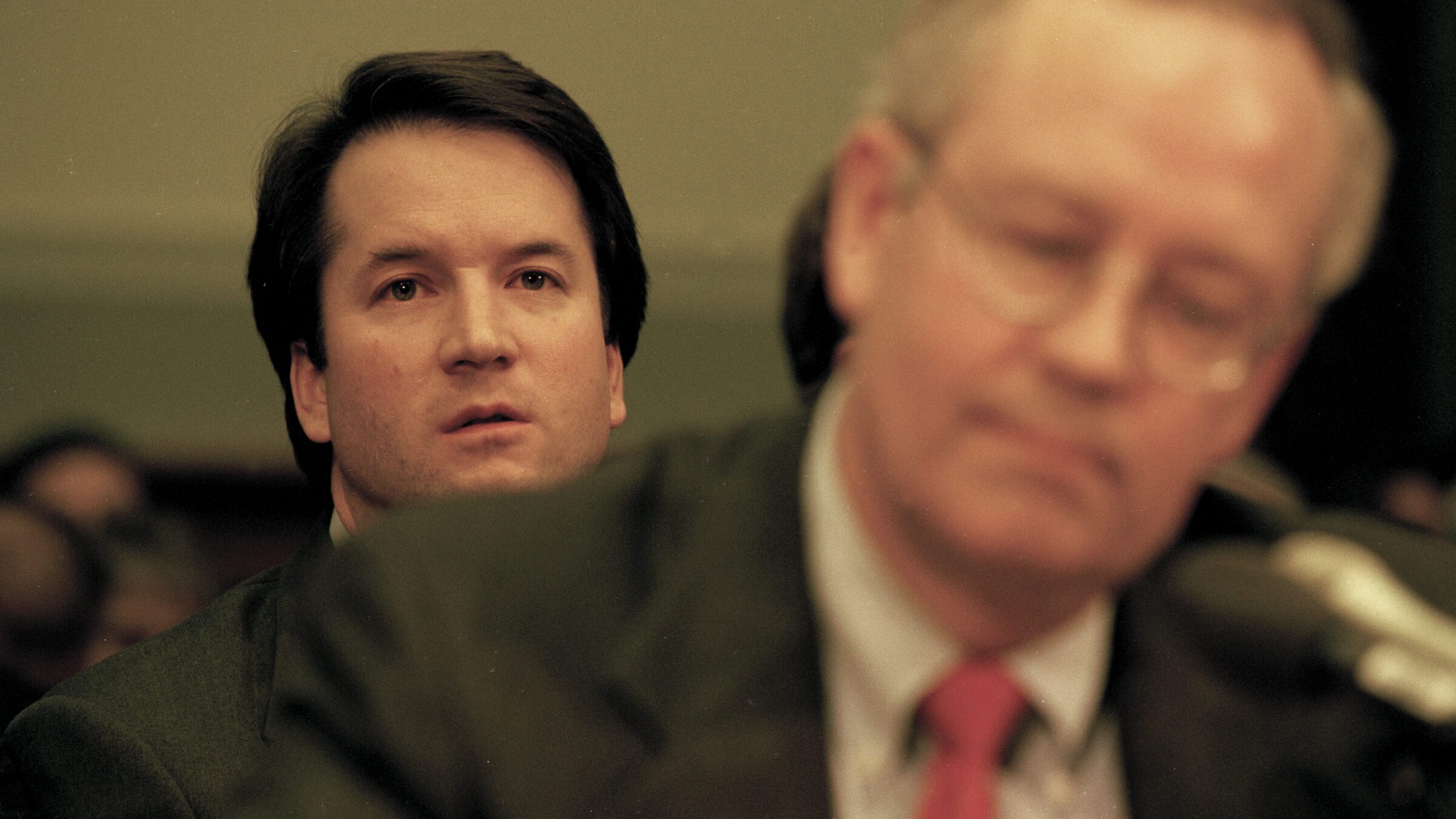
Brett Kavanaugh, a lawyer in the Office of Independent Counsel Kenneth Starr, sits behind Starr during his House Judiciary Committee regarding the impeachment of President Bill Clinton, November 1998 (Photo by David Hume Kennerly/Getty Images)
Nor is Jones Day the only organization whose affiliates have been welcomed back into the profession with open arms. Since the 2020 election, the Federalist Society, the engine of the conservative legal movement and probably the most influential organization within the legal profession, has made clear that it endorses not only shady electoral practices, but also outright insurrection. And although some law professors who had previously engaged with the group decided to change course following the January 6 coup attempt, others have seemingly concluded that that would be a step too far. An upcoming Federalist Society symposium to be held at Harvard Law School, for example, features self-described liberals like Noah Feldman, Julian Davis Mortenson, and Cass Sunstein appearing alongside conservative legal movement luminaries (and Jones Day lawyers). Whatever the misbehaving organization, legal elites have consistently demonstrated that they will overlook attacks on democracy in the name of professional niceties.
In a just world, Federalist Society leaders would be treated as what they are: insurrectionist sympathizers well outside the bounds of normal society. In the real world, the next Republican administration will almost certainly see Federalist Society members confirmed to the bench on a bipartisan basis.
Bad actors in our legal system, from Jones Day to the Federalist Society, have shown that they won’t hold themselves accountable. Allowing another generation of legal professionals to think that respect for democracy is optional is a recipe for disaster. A functioning profession would, at a minimum, ostracize its members who undermine American democracy; for once, lawyers should try it.
